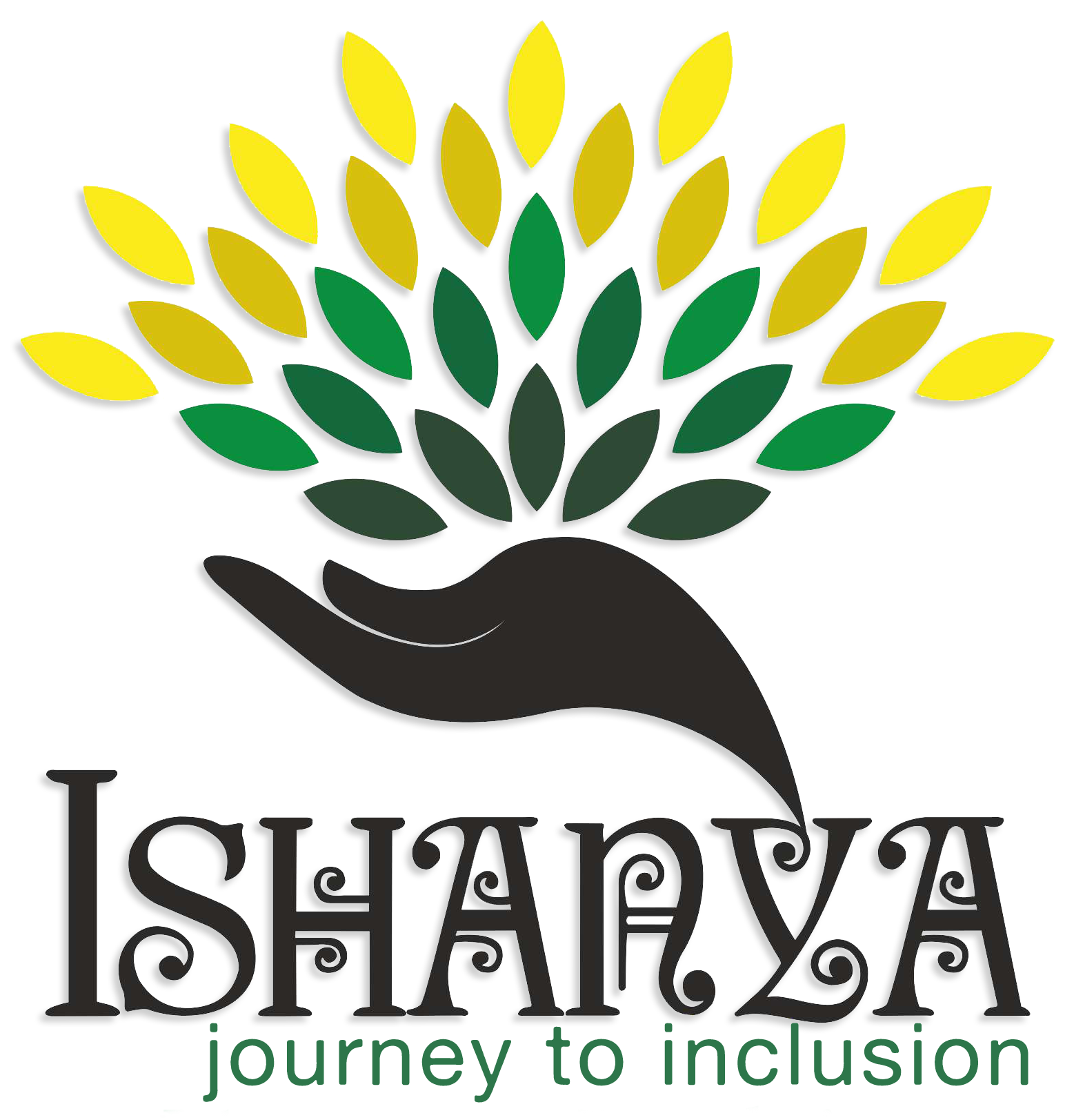People said he wouldn’t, but he did
People said he couldn’t, but he can
People said he won’t, but he will
Individualized educational plan (IEP) is a term that revolves around all the special educators, parents, and Individuals with special needs. An individualized educational plan indicates hope for some, agenda for a few, and a plan or schedule for others. But in the midst of all the planning and individualizing or customizing we forget what we are intending to do. The whole intention of IEP should be for progress and not accommodating a child to learn a specific skill even if he or she is not fitting into it. In other words, making the right plan or decision for the right child and the right child for the right plan.
IEP is not the individual’s entire educational plan or program; rather it is a road map indicating the most important steps along the way to the final destination of learning and progressing. Most importantly, IEP should consist of targets and goals that the individual can do. The societal pressure of “I want him to know it all” idea should not interfere with a child’s learning.
I opine that it’s very important to differentiate between needs and wants here. The parent’s or educator’s needs might not always correspond to the individual’s wants because needs are something that we must have in order to survive, whereas wants are choice-based and it is something that we wish to have. For example- parents or educators might see a need for Socio behavioral skills in a child, but the child might just want to be quiet, reserved, and enjoy his own company. Also, an IEP should not define the child because an individual’s abilities aren’t always measured on paper.
Most importantly the role of an IEP is to create rooms filled with Special individual’s voices and not be the main voice in itself. So, if you are planning for a year, sow rice; if you are planning for a decade then plant trees. Similarly, if we are planning for a lifetime let’s encourage progress.
Varshini MV | Varshini.ishanya@gmail.com

